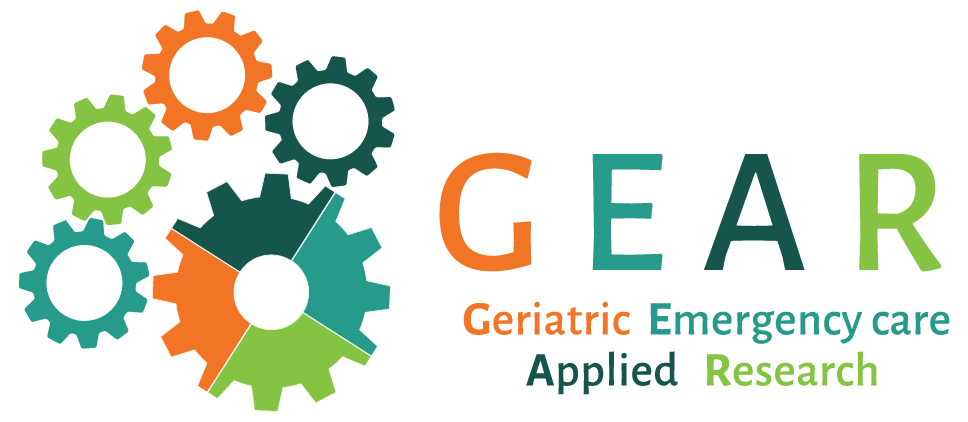Cognitive Impairment – Dementia
People with dementia are twice as likely to use the ED and 1.5 times more likely to have an avoidable visit. When in the ED, they often struggle and are at greater risk of poor outcomes.
Older adults use the emergency department (ED) as an important source of acute medical care, making 20 million visits annually. People with dementia are twice as likely to use the ED and 1.5 times more likely to have an avoidable visit. When in the ED, they often struggle with the fast-paced setting and may not be able to give a complete medical history. These challenges, along with other adverse events, put patients with dementia at greater risk for poor outcomes.
Three decades of research has shown that dementia is under-recognized in emergency departments, despite a proliferation of screening tools. Under-recognition of dementia in the emergency department leads to under-recognition in inpatient services, which has broad-reaching consequences, such as longer hospital stays, lower patient satisfaction, accelerated cognitive declines, and increased health care costs. Yet, little research has explored how to improve emergency clinical care for people with dementia
Top Research Priority Areas
- ED practices and the delivery of emergency care for persons with dementia.
- Care transitions for persons with dementia in the ED setting.
- Communication and shared-decision making for persons with dementia in the ED setting.
- Detection and recognition of dementia and cognitive impairment in the ED setting.
Best Practice Notes
- Communication and early recognition are key.
- Assess a patient’s ability to communicate, comprehend, and explain their care decisions.
- Evaluate whether or not a patient is in a crisis situation that is putting them at risk, and if they have a suitable surrogate to help make care decisions.
- Quick, simple screenings for dementia can be done with a variety of tools, which can be selected based on patient cognitive abilities, but new diagnoses of dementia are not expected to be delivered in the ED.
- More information about screening can be found by going to this link on the Geriatric Emergency Collaborative (GEDC) website.
Learn More
The Geriatric Emergency Collaborative (GEDC) is dedicated to optimizing care for older adults seeking care in emergency department settings.
More information about best practices, staff education, and screening can be found in the GEDC Dementia Toolkit on the GEDC website.
Manuscripts
Check back here for future GEAR 2.0 – Advancing Dementia Care manuscripts that will come from the September 2021 Consensus Conference.
